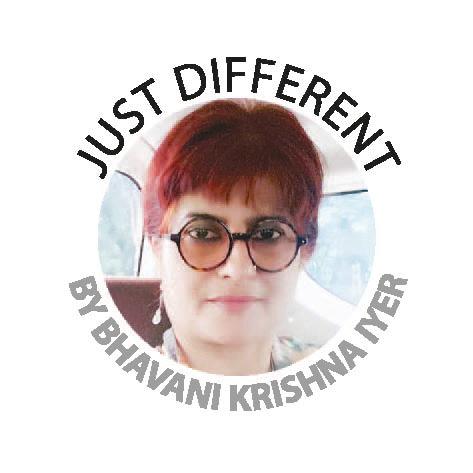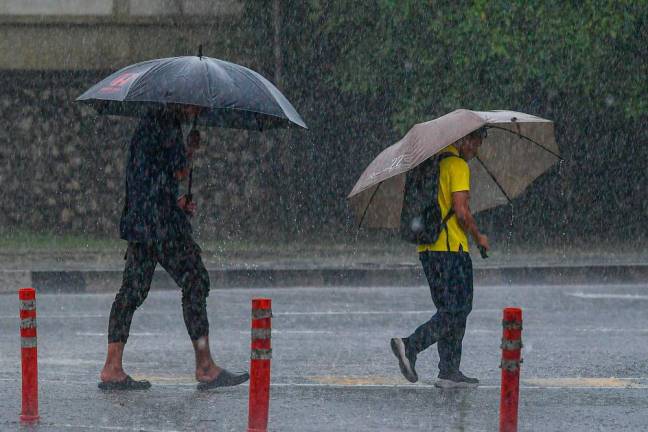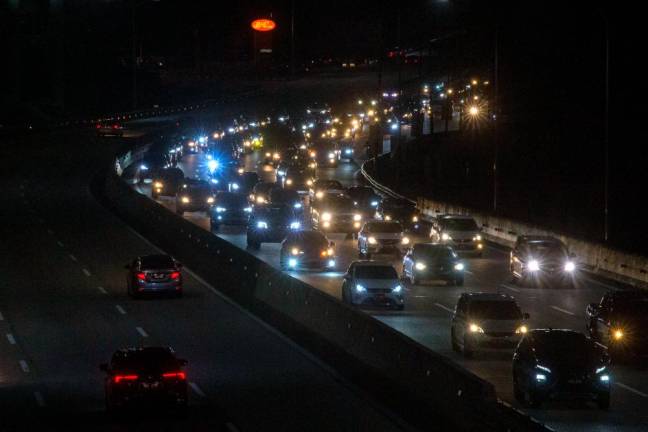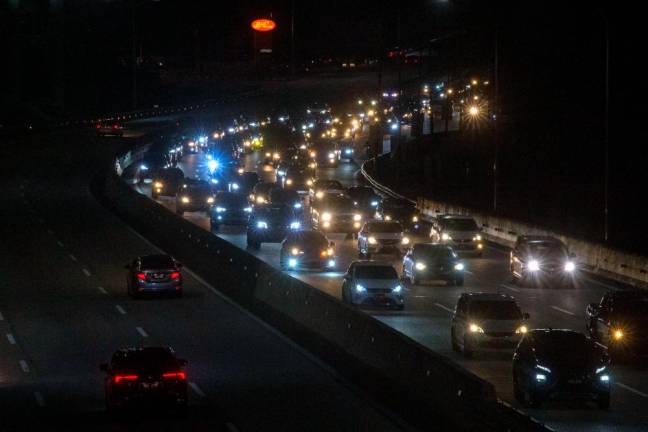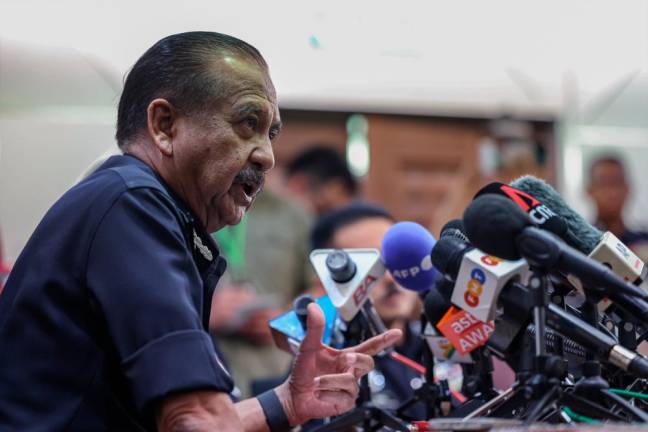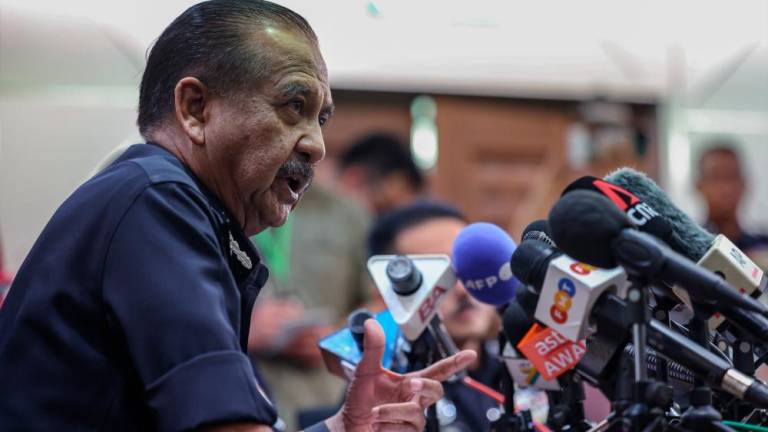IF you look at the world today, we find that humans’ innate thirst for violence and blood is widespread. Humans are probably the only species that kills its own kind and it appears that warfare and brutality are ubiquitous and natural to human beings. Why do nations go to war at the snap of a finger? Is there an acceptable justification why we have so many countries at war with one another?
The word homophily which I stumbled on recently comes to my mind. It literally means the “love of the same”. It is the tendency of people with similar characteristics to congregate. Not only animals but humans too have the herd mentality where they congregate and move as one.
It is said that at our core, humans are tribal as they are subconsciously looking for cues for similarities to connect with our fellows. The “us” and “them” concept is inborn. If that explains why the world is at war, we haven’t come far in civilisation, have we?
Interestingly, war is said to be in decline. In the two-thirds of a century since the end of World War II, the great powers, and developed states in general, have rarely faced each other on the battlefield, a historically unprecedented state of affairs. Many historians have echoed this seemingly ironic thought.
Despite the apparently endless stream of news reports focusing on violence, crime and death that are splashed across front pages of newspapers worldwide, humans are now living in one of the most peaceful periods of our existence. That’s according to a new book by Steven Pinker, a Harvard Psychology professor and one of the “World’s Top 100 Public Intellectuals” according to Time magazine.
I would like to think humans have been conditioned over centuries to live and let live but politics and race-based issues can ignite conflicts that threaten global peace.
The India-Pakistan attacks made a comeback after a break of 20 years and have world leaders reeling with anger and disappointment. India and Pakistan share a long history of animosity that dates back to their time under British rule
In 1947, independence was won, and British India was separated into the Union of India and the Dominion of Pakistan. Shortly after gaining independence, India and Pakistan went to war in what is called the First Kashmir War. The conflict began over the Muslim-populated, but Hindu-ruled Kashmir and Jammu. India and Pakistan each claim ownership of Kashmir.
What Kashmir and it people are losing is just too much to enumerate.
The separatist violence has killed more than 47,000 people, which does not include people who have disappeared due to the conflict.
Some human rights groups and non-governmental organisations put the death toll at twice that amount. Economically, Kashmir is reeling; there is lack of development, jobs are scarce, and risk of war looms over the state.
My childhood dream to visit Kashmir during winter was fulfilled in 2017. I managed to visit the state over the objections of my friends and relatives here and in India.
Indians living in India avoid Kashmir due to the war stigma that has stuck to the valley like an incurable disease. With its red apples, favourable weather and breathtaking scenery, Kashmir is the most sparkling jewel of India. Endowed with sheer natural beauty, this destination is aptly called the “Paradise on Earth”.
Naturally then, safety is an issue to consider when travelling to Kashmir for work, business or a holiday.
Comments: letters@thesundaily.com




